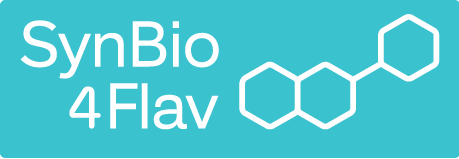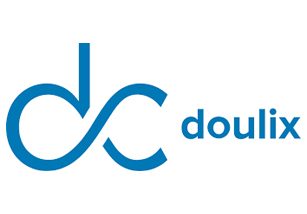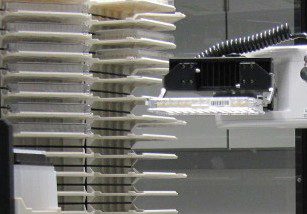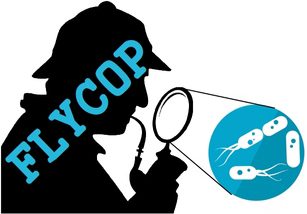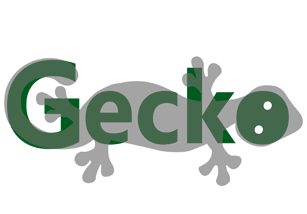The following open or accessible-to-all platforms are being used in SynBio4Flav. The developers of the specific platforms are partners in the project.
Modelling & engineering
SEVA
The Standard European Vector Architecture (SEVA) platform is a web-based resource and a material clone repository to assist the choice of optimal plasmid vectors for de-constructing and re-constructing complex prokaryotic phenotypes.
The SEVA database (SEVA-DB) is a resource for implementation of a standard for physical assembly of vector plasmids and for their non-ambiguous nomenclature as well as the index for a repository of functional sequences and actual constructs available to the community. The database was designed to simplify the choice of a given vector for the sake of specific applications, in such a way the user can easily decide the best configuration of replication origins, antibiotic resistance and business segments.
DOULIX
DOULIX is the first toolkit for synthetic biologists that provides an end-to-end solution to move from design to synthesis within one single cloud-base application.
SEVA and DOULIX are connected via the latter.
Instrumentation
LARA
LARA is a research platform allowing fully automated high-throughput protein screening. The facility covers experiment planning and design, mutant selection, cell-growth optimization, protein expression, cell harvesting and lysis as well as protein purification and activity assays. Automatized statistical evaluation of the experimental data and documentation is also part of the service we provide to our users.
Software
FLYCOP
FLYCOP (FLexible sYnthetic Consortium OPtimization) is a framework that improves the understanding of the metabolic behaviour of microbial consortia and to automatize the modelling of those communities, by designing and optimizing engineered microbial consortia given a particular goal.
FLYCOP contributes with multiple and assorted applications, such as simulating different scenarios before in-vivo experiments; defining medium composition and detecting limiting nutrients; discovering the biological metric optimized in an evolutionary process; optimizing cross-feeding relationships; optimizing strain ratios in the consortium; etc.
GECKO
GECKO (Genome-scale model with Enzymatic Constraints using Kinetic and Omic data) is a toolbox that allows for reconstruction of enzyme-constrained models (ec-models) of metabolism.
As enhancement to classical genome-scale models (GEMs), ec-models take into the consideration that: (i) cellular metabolism is constrained by the amount of enzymes present at a certain state; (ii) enzymes differ in their catalytic activity. The GECKO toolbox can transform existing GEMs into ec-models, querying databases for kcat values if not manually provided. Incorporation of quantitative proteomics data result in models that are constrained with the cells catalytic capacities, thereby returning drastically improved predictions of internal metabolic flux distributions.
